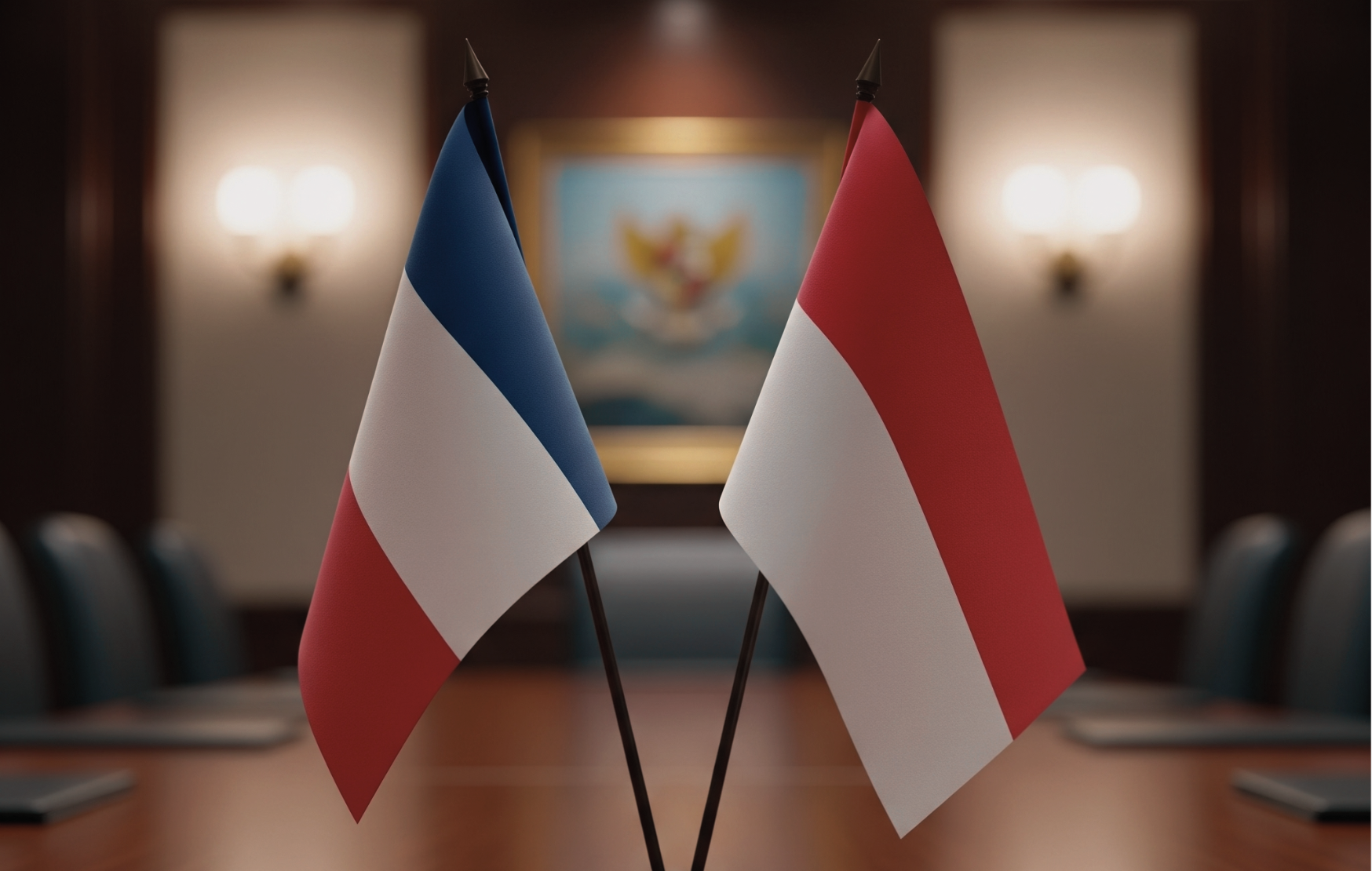This month’s briefs examine an international order in rupture: across the Indo-Pacific, middle powers are hedging through overlapping, issue-based partnerships, even as Myanmar’s sham election exposes the limits of values-based realism in an increasingly pragmatic global landscape.
Join our briefing today and stay ahead of the curve.
Read More








